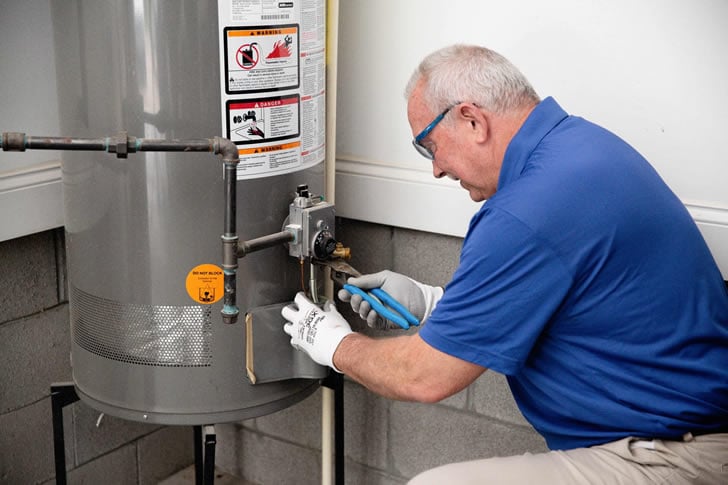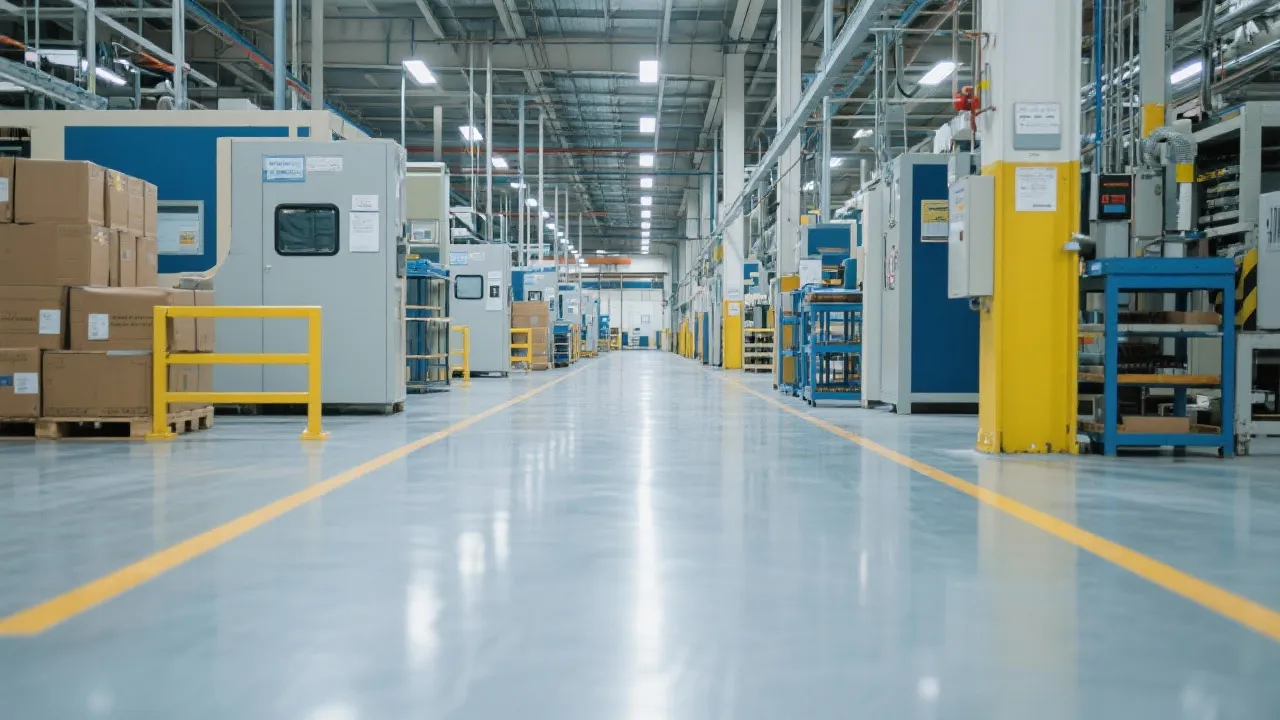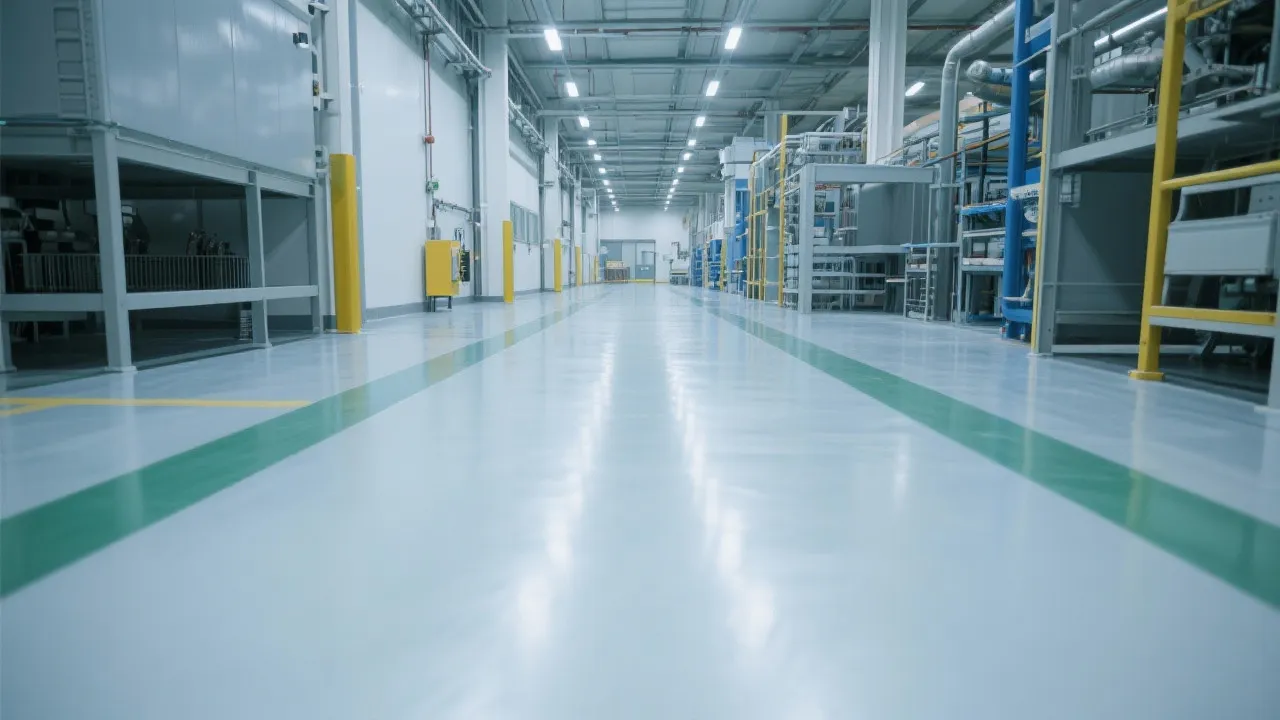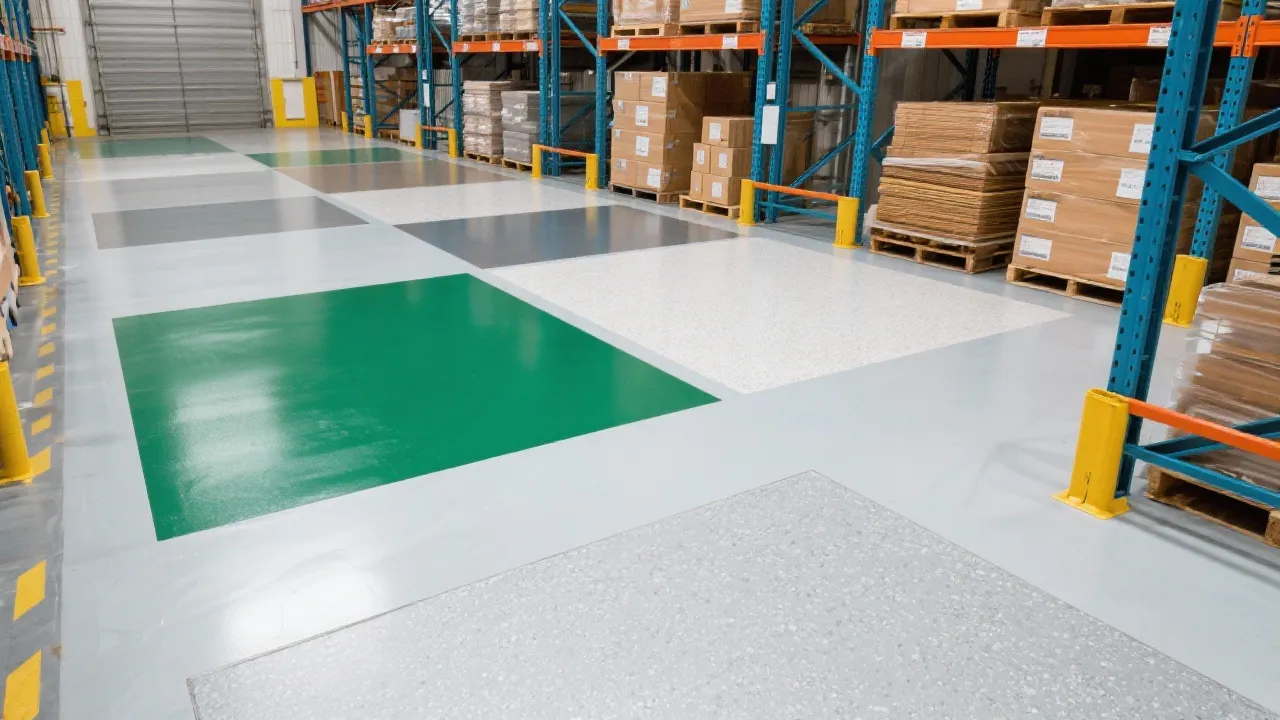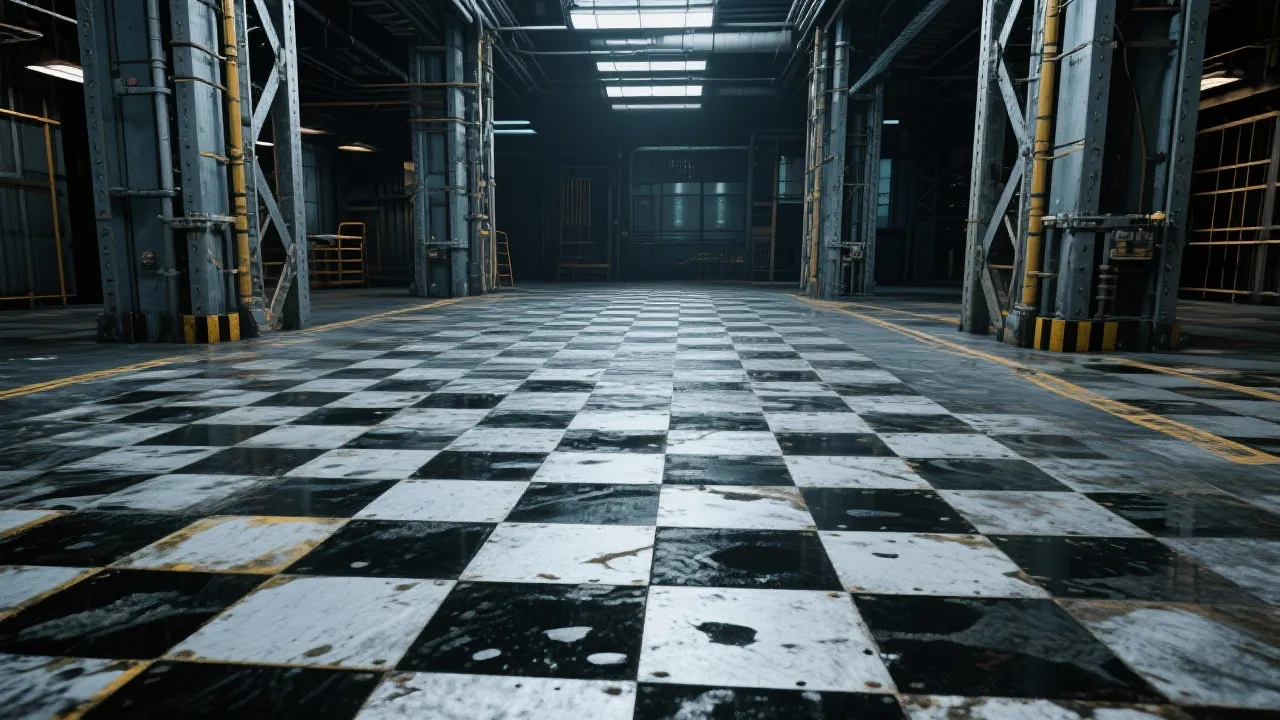Comprehensive Guide to Industrial Flooring
Industrial flooring is essential for manufacturing and warehouse environments, offering durability and safety. These floors are designed to withstand heavy machinery, high foot traffic, and chemical exposure. This guide explores the different types of industrial flooring solutions and their applications, helping industries choose the most suitable flooring for their specific needs.
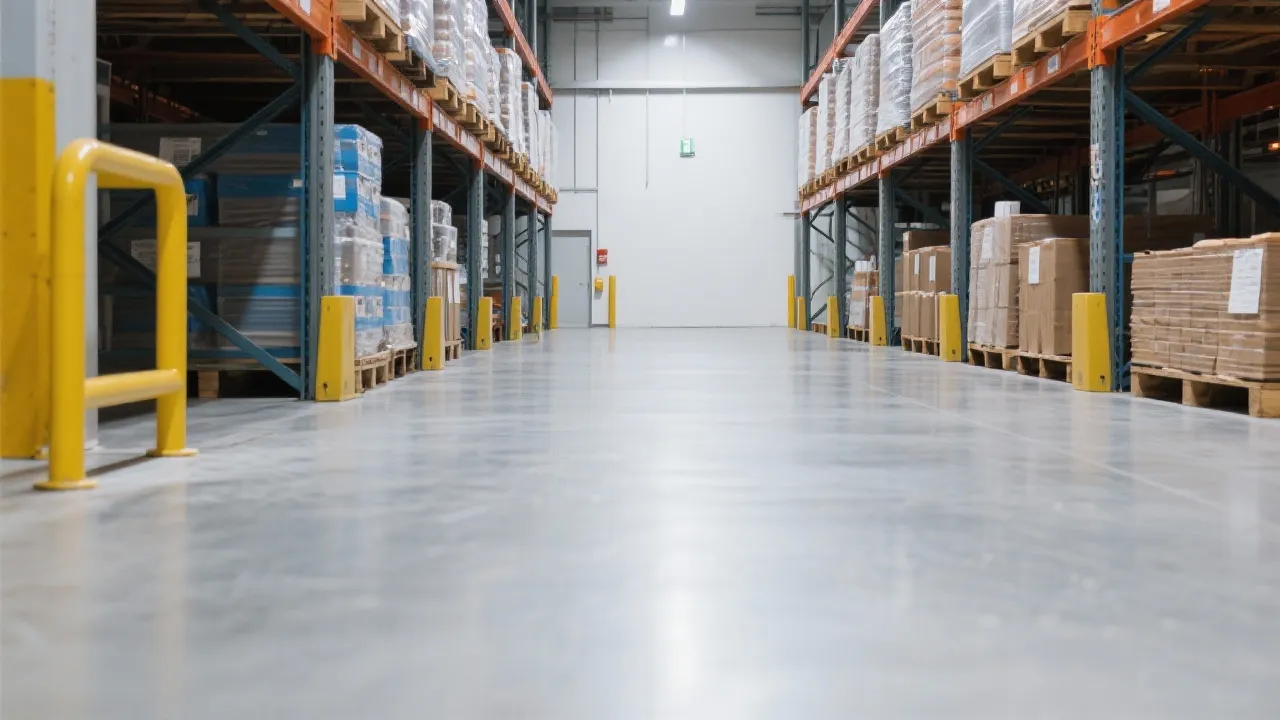
The Importance of Industrial Flooring
The right flooring is crucial for industrial settings, where durability and safety are paramount. Industrial floors must be robust enough to handle heavy equipment, constant foot traffic, and potential exposure to chemicals. Choosing the right type of flooring can prevent accidents, reduce maintenance costs, and enhance productivity, leading to a safer workplace and a more efficient operation overall. Additionally, the right flooring contributes to the overall aesthetic of the facility, thereby creating a more inviting environment for employees and visitors alike.
Groundwork in an industrial setting plays a significant role in production efficiency and longevity of equipment. Floors that are designed with specific materials can bolster the structural integrity of a building, reducing the risk of slips and falls while improving accessibility for forklifts and other machinery. Furthermore, flooring choices that include features like anti-fatigue properties can also benefit employees' well-being, reducing discomfort during long hours of standing.
Types of Industrial Flooring
The choice of industrial flooring varies depending on the specific needs of the facility. Some popular types include:
- Concrete Floors: Common in warehouses and factories, concrete is valued for its strength and durability. It can be reinforced with sealants to resist stains and chemical damage. Concrete floors can withstand high-impact loads and are often the go-to choice for heavy machinery, allowing companies to invest in a long-lasting solution. Moreover, options like polished concrete offer additional benefits, such as aesthetic appeal and improved light reflectivity, which can enhance workplace visibility.
- Epoxy Coatings: Epoxy provides a smooth, easy-to-clean surface, ideal for environments requiring cleanliness and hygiene, such as pharmaceutical manufacturing or food processing plants. This type of flooring can also be completed with anti-slip surfaces to further enhance workplace safety. In addition, epoxy coatings are often resistant to chemicals and stains, which extends the lifespan of the flooring and provides consistent performance over time.
- Antistatic Flooring: Used in electronics manufacturing to prevent static buildup that could damage sensitive equipment. This type of flooring is especially crucial in environments where electronic components are assembled, as the diversion of static buildup is handled by the flooring system. Antistatic flooring can be made from materials that enhance safe handling procedures while integrating well with other safety measures designed to protect equipment and improve operational workflows.
- Vinyl Flooring: Though not as durable as other options, vinyl provides comfort underfoot and is suitable for light industrial applications. It is easy to install and maintain and comes in a variety of attractive designs. Vinyl flooring also has an inherent level of resilience against moisture, making it suitable for environments that may encounter spills or cleaning agents.
Factors to Consider When Choosing Industrial Flooring
Several factors should guide the selection of industrial flooring:
- Load Capacity: Consider the weight of machinery and goods that the floor will support. This characteristic is particularly critical for warehouses and distribution centers where heavy pallets and equipment may traverse daily activities.
- Chemical Resistance: Evaluate the types of chemicals that might come into contact with the flooring and choose accordingly. Industries such as chemical processing or automotive repair will require more robust flooring systems that can withstand spills from caustic substances without degradation.
- Slip Resistance: Slip-resistant flooring is crucial in preventing workplace accidents. Factors like moisture, grease, and dirt can make industrial flooring slippery, so selecting materials specifically designed to combat these issues enhances safety for staff and visitors alike.
- Maintenance Requirements: Low-maintenance options reduce downtime and improve efficiency. Floors that require less frequent cleaning and can withstand rigorous cleaning methods enable operation continuity without sacrificing hygiene or appearance.
- Installation Time: Depending on the chosen flooring type, the installation process can vary significantly in time and complexity. Understanding the timeline ensures that the operations can plan accordingly and execute a smoother transition to the new flooring.
- Environmental Considerations: Eco-friendly flooring options are increasingly gaining attention for their sustainability and low environmental impact. Materials that are recycled or produced with sustainable practices can contribute positively while also complying with governmental regulations and standards.
Industry Expert Insights
According to industry experts, investing in the right industrial flooring solution is critical for operational efficiency. Modern technologies have enhanced flooring materials, making them more durable and adaptable to various industrial needs. Industries are moving toward flooring solutions that not only meet immediate demands but also anticipate future needs for expansion or change in production processes. For example, modular flooring systems provide flexibility to cater to changing layouts in warehouses or assembly lines, making it easier to adapt without having to invest in an entirely new system.
Experts also point out that a proactive approach to flooring maintenance can significantly extend the life of industrial flooring. Regular inspections to assess wear, along with timely repairs, help in identifying potential problems before they escalate into costly issues. This approach aligns with a wider best practice philosophy in industrial operations where preventative measures take precedence over reactive maintenance strategies. Furthermore, keeping abreast of advancements in flooring technology can empower facilities to make informed choices that elevate their standards over time.
Comparing Industrial Flooring Solutions
| Type | Advantages | Disadvantages |
|---|---|---|
| Concrete | Highly durable, cost-effective, low maintenance | Can crack over time, requires sealing for chemical resistance |
| Epoxy | Seamless, easy to clean, chemical resistant | Poor installation can lead to peeling, needs re-coating |
| Antistatic | Prevents static discharge, protects sensitive equipment | Generally costlier, requires precise installation |
| Vinyl | Comfortable, aesthetic, easy to install | Less durable, not suitable for heavy loads |
Additional Types of Industrial Flooring
While the previously mentioned flooring types are popular, there is a variety of other flooring solutions suited to specific needs and environments:
- Polyurethane Flooring: Similar to epoxy, polyurethane flooring provides a seamless finish and good chemical resistance. It also presents superior resistance to abrasion and can endure temperature fluctuations, making it suitable for industries with extreme conditions.
- Rubber Flooring: This flooring is particularly beneficial in environments that require slip resistance and comfort. It is often used in areas where workers stand for extended periods, such as assembly lines or packaging stations. Rubber can also absorb noise, enhancing the work environment.
- Seamless Terrazzo Flooring: Known for its elegance, seamless terrazzo blends resin and aggregates to create a visually appealing surface. It is suitable for both light industrial and commercial applications, providing a long-lasting flooring solution that withstands foot traffic and spills.
- Steel-Plated Flooring: For high-load environments, steel-plated flooring offers exceptional durability and strength. This flooring can resist heavy impacts and is commonly used in places that handle heavy machinery or materials.
FAQs
- What is the best type of industrial flooring?
The best type depends on the specific application, including load requirements, environmental conditions, and the nature of the activities conducted within that space. It is essential to assess the unique aspects of your operations while leveraging professional input. - How often should industrial floors be maintained?
Regular inspections and maintenance depend on the type of flooring and the environment it is used in. Most facilities benefit from a routine maintenance schedule that incorporates regular cleaning, inspections for signs of wear, and repairs as necessary. High-traffic or high-impact areas may require more frequent attention. - Can industrial flooring be customized?
Yes, many flooring options, such as epoxy, can be customized in color and texture. Customization allows businesses to enhance branding efforts while ensuring that specific safety or functional requirements are met—this is especially important in environments like food processing factories where different zones may necessitate distinct characteristics. - What are the safety certifications for industrial flooring?
Industrial flooring may need to comply with industry standards set by organizations such as the American National Standards Institute (ANSI) or the National Floor Safety Institute (NFSI). These certifications often relate to slip-resistance ratings, fire resistance, and overall durability, giving businesses confidence in their flooring choices. - Is it possible to replace industrial flooring without causing significant downtime?
Yes, implementing modular flooring systems or phased installation strategies can minimize downtime. These approaches allow critical areas of operation to remain functional while still proceeding with flooring upgrades. Engaging experienced contractors can help develop a plan that meets operational schedules and limits disruption.


